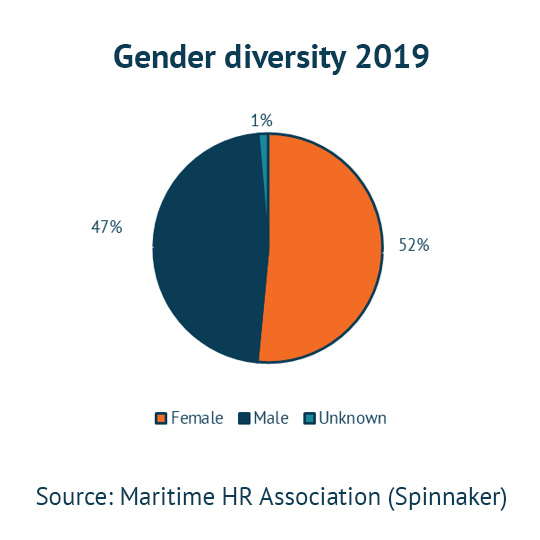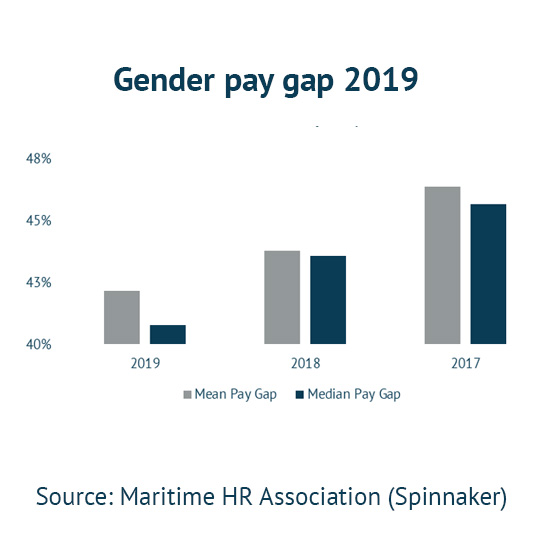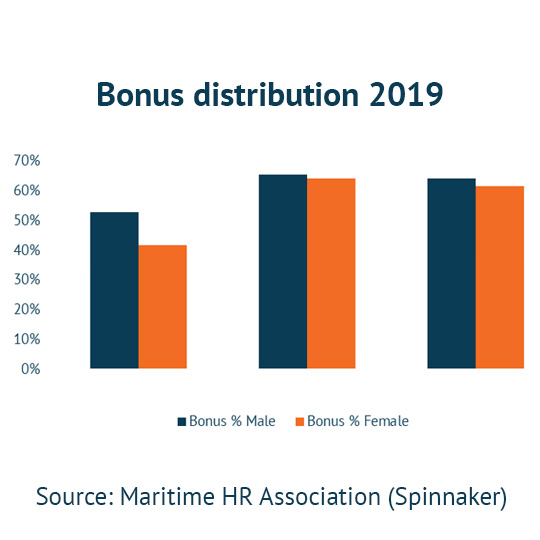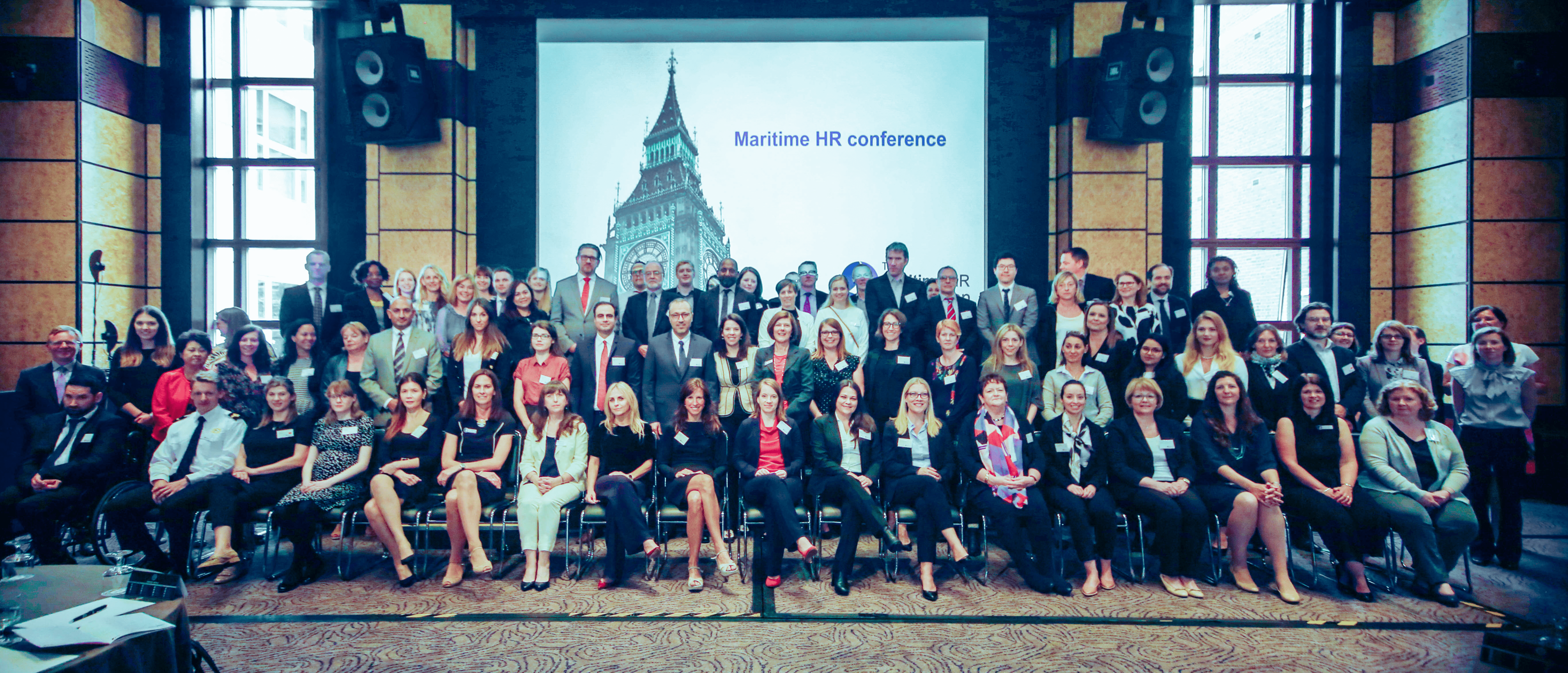Feedback is a powerful development lever in the workplace. It helps people to understand their strengths, weaknesses, and how others perceive them – so that they can become the best version of themselves.
We’ve pulled together some inspiring quotes about feedback, from the likes of tech gurus like Bill Gates and Elon Musk to American basketball coach Doc Rivers. Whether you use this for advice before giving feedback or to motivate people within your company to give more feedback, each quote offers some useful insight into why feedback is so important and how to deliver it effectively.
1. “We all need people who will give us feedback. That’s how we improve.” Bill Gates
The vast majority of us want to be the best we can be, in all areas of our life. We want to be a better worker, a better colleague, a better leader, a better friend, a better partner, or a better parent. Feedback simply gives us the insight to help us to improve and be better. It gives us self-awareness of how we are perceived, of our skills, and of our strengths and weaknesses. We can then improve by maximising the things we are good at and building on the things we aren’t so good at.
2. “Feedback is the breakfast of champions.” Ken Blanchard
This quote has long been associated with leadership guru Ken Blanchard, but actually, he first heard it from a former colleague named Rick Tate. According to Blanchard, “He [Tate] explained it in sports terms. Can you imagine training for the Olympics with no one telling you how fast you ran or how high you jumped?” Ultimately, just like we need breakfast to fuel us through the day, we need feedback to help us to perform at our best.
3. “Average players want to be left alone. Good players want to be coached. Great players want to be told the truth.” Doc Rivers
We all know that receiving feedback can sometimes be daunting. Social evaluation can activate the same neural pathways associated with physical pain. So when we experience being criticised or judged, it can trigger a stress reaction. But this doesn’t mean people don’t want to be told the truth. Research has shown that people welcome constructive feedback – even if it can be tough to hear – if it will help them to develop and improve.
4. “Make feedback normal. Not a performance review.” Ed Batista
We can relate this quote from Ed Batista, executive coach and regular writer for Harvard Business Review, to the importance of feedback being part of everyday practice rather than something that only happens as part of a formal review. If people feel comfortable giving and receiving feedback on a daily basis, it becomes normal, rather than something to be feared when the next round of reviews come up.
5. “I think it’s very important to have a feedback loop, where you’re constantly thinking about what you’ve done and how you could be doing it better.” Elon Musk
This is what tech entrepreneur Elon Musk refers to as his single best piece of advice. We should always be thinking about how we can evolve and grow, and this is why a culture where people practice giving and receiving feedback every day can be so powerful. It’s about having a growth mindset, where we see our skills as adaptable and believe they can be developed upon. And the good news is, we can all learn to adopt a growth mindset.
6. “Mistakes should be examined, learned from, and discarded; not dwelled upon and stored.” Tim Fargo
Whatever mistakes we make in the past, we can’t change them. We can only modify our behaviour going forward. This quote from author and entrepreneur Tim Fargo reminds us that when giving feedback, we shouldn’t focus on what went wrong, but instead on what could go better in the future. This is how we empower people to improve and grow. Dwelling on the past isn’t helpful for anyone. And feedback models like Feedforward and DESC recognise this.
7. “There are two things people want more than sex and money… recognition and praise.” Mary Kay Ash
We’re all human, and wanting to feel valued and appreciated is a basic human instinct. And one of the most important ways to show people that they are valued and appreciated is by offering recognition and praise for when things go well. Feedback shouldn’t only be about looking at what could be improved. We need to give more positive feedback if we want people to feel motivated, engaged, and confident at work. The risk is that if people aren’t given recognition and praise, you’ll have a hard task keeping them.
Spinnaker offer bespoke HR solutions. Contact our team of HR experts to find out more about how we can help you.












